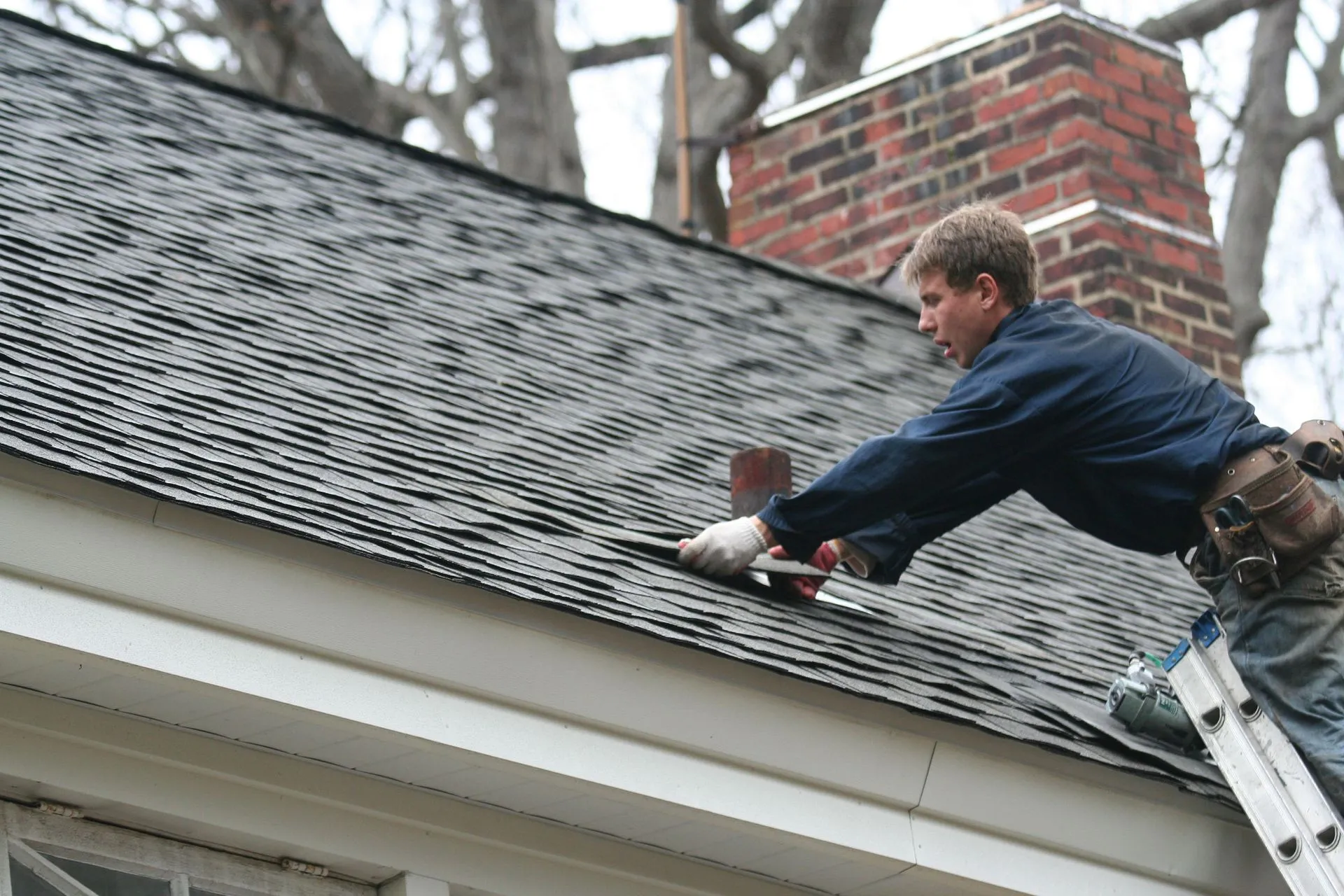Serving Northern MN and Northwest WI(218) 940-8299
Roofing professionals want their clients to understand as much as possible about their roofs. According to Forbes, over 5 million new roofs are installed each year. From understanding the materials used in roof construction to being aware of the different types of roofing systems, these tips can help you make sure your roofing experience is a positive one. Review this article in order to be able to work more effectively with your roofing contractor and ensure that your roof is in top condition.
1. It’s Important to Choose the Right Materials
There are several key aspects to consider when choosing which roofing materials to use on your home. The roofing system you choose should match the roof’s condition, your budget, and the lifestyle of the people using the home. Generally, roofs are constructed with many materials, however, asphalt is the most common. The roof condition, the home’s location, and the home’s features all affect the right materials for the job.
2. Repair and Maintenance Matters
Regardless of the roofing system you choose for your home, you’ll need to regularly maintain it. To ensure your roof is in the best possible condition, ongoing maintenance and inspections are essential. Ask your roofing contractor how often you need to check the condition of your roof to allow yourself the opportunity to be aware of any problems that could develop. In addition, regular maintenance can extend the lifespan of the materials used in roofing construction, resulting in significant cost savings.
3. Getting Repairs Done When They’re Small Will Save You Money
Leaks on roofs can be frustrating, especially if they’re not readily apparent. To avoid finding out if your roof is prone to leaks after significant damage occurs, it’s important to regularly check your roof. Knowing if there are any problems before they become larger can help your roofing contractor take preventative measures and get repairs done before they become more costly. When you notice a small leak on your roof, don’t ignore it. Rather, call a roofing professional immediately to check it out.
4. Being Proactive Prevents Leaks
You may be able to prevent roof leaks by being proactive. Regular inspection and maintenance can help you avoid costly repairs in the future. Additionally, it’s important to inspect your roof after storms or high winds as debris and other damage may be present without you noticing.
5. Algae Can Cause Serious Damage
When living in a wet area, it’s important to take steps to prevent algae growth on your roof. Algae can cause serious damage, so make sure you regularly inspect your roof and hire professionals to remove any algae that appear. When it comes to algae prevention, you should also consider regularly cleaning your gutters and downspouts and replacing damaged shingles in addition to regularly inspecting for any signs of damage.
6. Different Roofing Materials Have Different Lifespans
Different roofing materials have different lifespans, with asphalt being the shortest-lived. Once damaged, your roofing contractor can repair asphalt roofing using existing material or replace it entirely. In addition, asphalt roofing is often the least expensive option.
While it’s not difficult to extend the lifespan of asphalt roofing, it does require regular maintenance. To extend the lifespan of asphalt roofing materials, hire professionals to wash your roof with a pressure washer. This method can help loosen dirt, which can be removed by scraping it off with a putty knife. Rather than brushing your asphalt roof, your roofing contractor can also use an electric vacuum to remove dirt.
7. Flat Roofing Is an Option
If you live in a flood zone, you should also consider installing a flat roofing system. These systems are designed to divert water away from residential properties and are more resistant to damage than other roofing types. Flat roofing systems usually have better quality materials, leading to a longer lifespan.
8. Roofing Cost Can Vary
The cost of roofing can vary significantly depending on the type of roofing system you choose. With this in mind, you should also be aware of the various factors that can affect your final roofing bill. These factors include the age of your roof, the location of your home, your roofing materials, and the amount of work required to repair or replace your roof. The location of your home can be one of the more significant factors that affect the cost of your roof. Location-specific factors, such as the weather and terrain of your area, can affect the price of labor and materials that your roofing contractor needs to do work.
9. Finding a Roofing Contractor Doesn’t Need to Be Difficult
When choosing a roofing contractor, do your research and find a roofing contractor who’s licensed, insured, and experienced. You can find a roofing contractor by asking friends, asking neighbors, or reading online reviews. Moreover, you should also check the Better Business Bureau website for reviews and ratings. Be sure you pick a contractor experienced in the type of roofing system you’re interested in.
10. You Can Ask Your Contractor Questions
When talking to a roofing contractor, you should ask questions about the type of roofing system you’re interested in, the cost of the project, the time required for the project, and what to do if there are problems with your roof. Have a list of questions ready so you can make sure you cover all your bases. These can be asked over the phone, or in person while they’re providing an estimate for the work.
11. It’s Important to Hire an Insured Company
When hiring a roofing contractor, make sure they have the proper insurance prior to signing a contract. This coverage protects your home and its contents from damage or loss due to accidents that occur during the construction process. If you hire a roofing contractor without the proper insurance, any cost that is occurred due to any accident or mistake made will fall on you as the homeowner to cover.
12. Age Can Have a Serious Effect on the Roof
Regardless of how well your roof may look from the outside, a roof is considered past its prime at 25 years of age. Most roof systems can last longer than this, however, you should be prepared for more frequent repairs and maintenance the older your roof gets. Consider investing in a new roof before it becomes too expensive to fix or replace.
13. Climate Affects Your Roof
Your roof is constantly exposed to the elements, and it should be made of materials that can handle your climate. Certain materials, such as asphalt shingles, may not hold up well in climates that experience extreme weather conditions, such as high winds or heavy rain. As such, it’s important to consider your climate when choosing the materials for your roof. An experienced roofing contractor will help pick the best materials and advise you on this situation.
By understanding these top 13 facts your roofing contractor wishes you knew, you can make an informed decision on the type of roofing system that best meets your needs. From cost to climate conditions, being mindful of your home’s roofing needs can help keep you and your family safe. Contact Billings Remodeling today so a local roofing contractor can help you.


